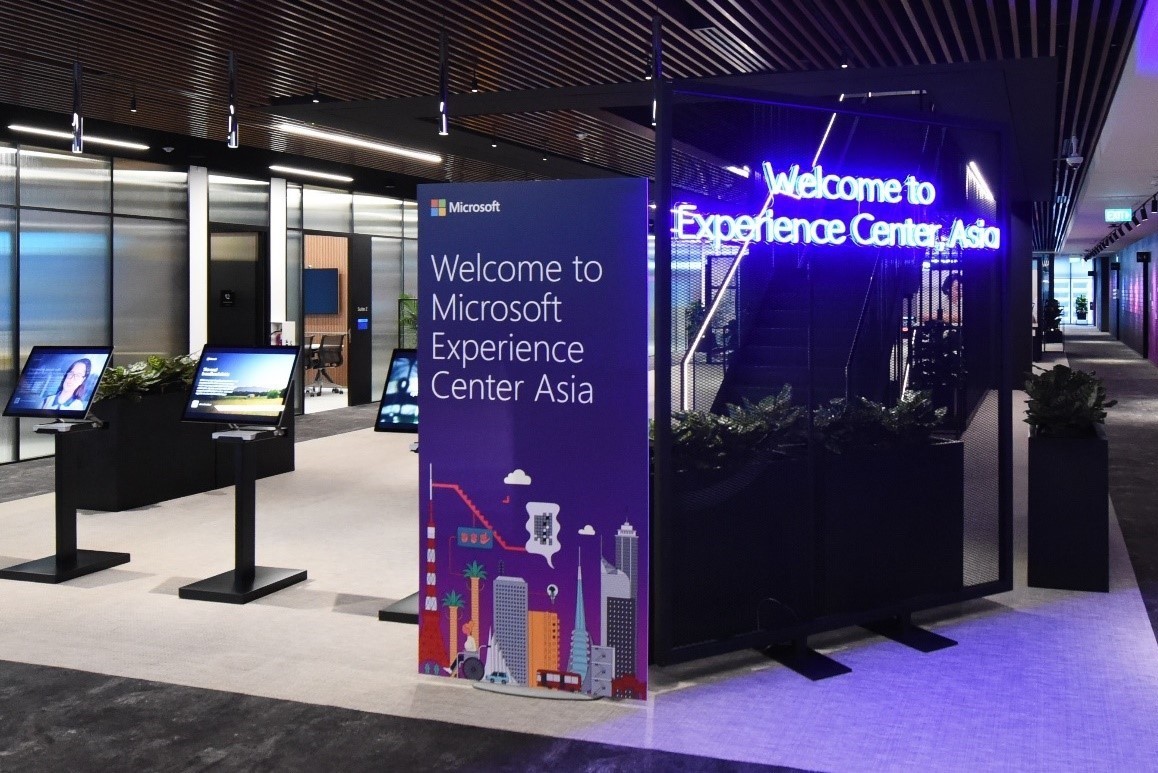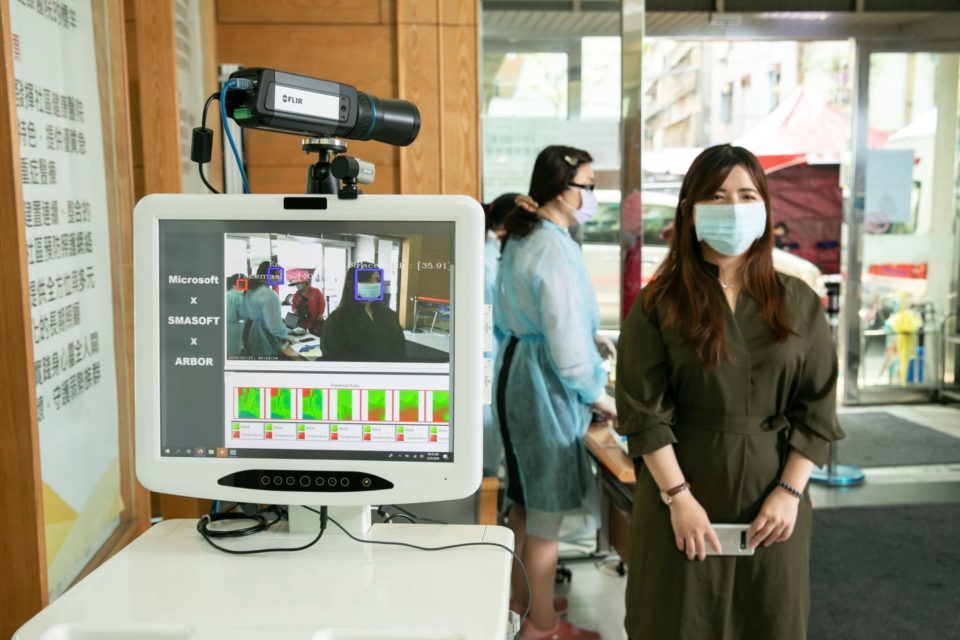
Enabling Innovation for the Future
Every company is now a software company. As organizations everywhere mobilize remote collaboration and other digital tools at an unprecedented rate, harnessing best-in-class technologies will be critical for creating innovative solutions for rapidly evolving needs.
Business leaders across Asia Pacific already know this. In a 2019 Microsoft-IDC study, 80% of business leaders agreed that AI was instrumental to business transformation – when deployed strategically, it can increase customer engagement, enhance business competitiveness, and raise margins. Even so, only 41% of organizations have embarked on their AI journeys, with boundless opportunities remaining for further growth and development.
Microsoft seeks to bring together an ecosystem of partners to accelerate technology adoption and drive change across all sectors. At this time of pandemic, technology should ensure business continuity and keep people engaged at work and play. It should also provide health and government services with advanced tools to develop new medical treatments and effective public health measures.
To help our customers and partners visualize, develop, and adopt innovation as they move ahead on their digital and cultural transformation journeys, Microsoft has launched Asia Pacific’s first global Experience Center in Singapore. This exciting facility brings to life great ideas that will help shape the future.
Innovation through Microsoft’s ecosystem
Our customers and partners are moving forward with innovation during the COVID-19 crisis. Chinese automaker BYD applied its R&D capabilities to build the world’s largest face mask manufacturing plant that is now producing five million masks. It’s also producing 300,000 bottles of disinfectants per day.
To further advance healthcare, Yonghe Cardinal Tien Hospital in Taipei leveraged AI technology to deploy a 2-in-1 device that scans individuals for temperature and checks for mask-wearing upon entry, improving epidemic prevention and reducing the burden on front-line personnel for manual checks.
The University of Western Australia has met the challenge of isolation and social distancing when it deployed remote learning across 3,144 education units in two weeks using Azure Labs, which leverages Office 365 and Microsoft Teams. Most of its lectures, tutorials and practical classes – where possible – are now offered online.
Small and medium businesses (SMBs) account for more than 97% of Asia Pacific economies. In the financial services sector, Moula in Australia is using AI and machine learning algorithms to demystify SMB volatility and accurately assess creditworthiness so loan applications can be processed quicker in what is a crucial segment of the national economy.
Retailers are also benefiting from the digitization of physical spaces. For instance, Trakomatic now offers customized retail experiences by bringing together insights about human traffic and individual shopper preferences.
Partnering with Microsoft, these innovations in cloud computing, data analytics, and machine learning demonstrate what an AI- and technology-led future looks like for Asia. They demonstrate how companies can turn data into insights and technologies more quickly and reliably than before – to solve the biggest industry and public health challenges of our time.














